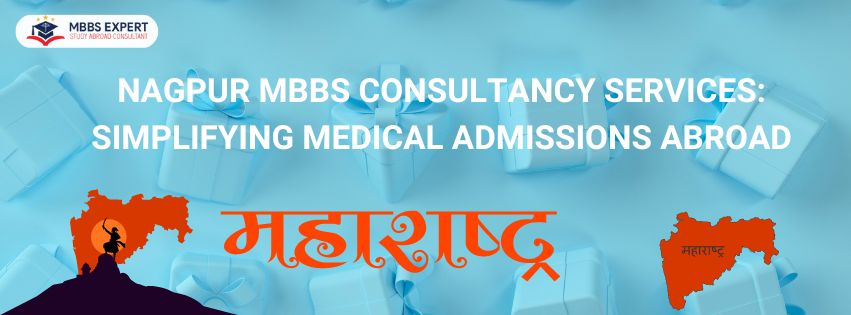Nagpur MBBS Consultancy Services: Simplifying Medical Admissions Abroad The pursuit of an MBBS degree is…
Ingush State Medical University: Curriculum and Courses
![]()
Ingush State Medical University: Curriculum and Courses
Ingush State Medical University (ISMU) offers a comprehensive MBBS program designed to equip students with the knowledge and skills needed to excel in the medical field. The curriculum is structured to provide a balanced education in both theoretical and practical aspects of medicine. Here’s an in-depth look at the curriculum and courses offered at ISMU, with support from mbbsexpert consultancy (+919899954113, [email protected]).
Overview of the MBBS Curriculum
The MBBS program at ISMU spans six years and is divided into two main phases:
- Pre-Clinical Phase (Years 1-3)
- Clinical Phase (Years 4-6)
Pre-Clinical Phase
The first three years focus on building a strong foundation in basic medical sciences. The courses during this phase include:
Year 1: Fundamental Sciences
- Anatomy: Detailed study of human body structure.
- Histology: Microscopic anatomy of cells and tissues.
- Embryology: Developmental processes of the human body.
- Medical Chemistry: Chemical principles in medical sciences.
- Biophysics: Application of physics in biological processes.
- Latin Language: Essential medical terminology.
Year 2: Basic Medical Sciences
- Physiology: Functions of various body systems.
- Biochemistry: Chemical processes within and related to living organisms.
- Microbiology: Study of microorganisms and their effects on humans.
- Pathology: Mechanisms of disease and the changes they cause in the body.
- Pharmacology: Drugs and their effects on the human body.
- General Hygiene: Principles of public health and disease prevention.
Year 3: Advanced Basic Sciences and Introduction to Clinical Sciences
- Pathophysiology: Functional changes associated with disease or injury.
- Clinical Pathology: Laboratory analysis of bodily fluids for disease diagnosis.
- Medical Genetics: Genetic influences on health and disease.
- Immunology: The immune system and its disorders.
- Introduction to Internal Medicine: Basics of diagnosing and treating internal diseases.
- Introduction to Surgery: Basic surgical principles and techniques.
Clinical Phase
The final three years focus on clinical training, where students gain hands-on experience in diagnosing and treating patients under the supervision of experienced doctors. The courses during this phase include:
Year 4: Core Clinical Subjects
- Internal Medicine: Advanced study and practice in internal medicine.
- Surgery: Practical training in general surgery.
- Pediatrics: Medical care of infants, children, and adolescents.
- Obstetrics and Gynecology: Health care of women and childbirth.
- Radiology: Diagnostic imaging techniques.
- Dermatology: Study of skin diseases.
- Psychiatry: Mental health and disorders.
Year 5: Specialized Clinical Training
- Ophthalmology: Diagnosis and treatment of eye disorders.
- Otolaryngology: Ear, nose, and throat (ENT) medicine.
- Urology: Study of urinary tract and male reproductive organs.
- Orthopedics and Traumatology: Musculoskeletal system and injuries.
- Neurology: Disorders of the nervous system.
- Cardiology: Heart and cardiovascular system.
Year 6: Internship and Electives
- Internship: Rotational training in various medical departments.
- Electives: Specialized courses based on students’ interests.
- Community Medicine: Public health practice and epidemiology.
Research and Elective Opportunities
ISMU encourages students to engage in research projects throughout their studies. The university provides numerous opportunities for students to participate in cutting-edge research in various medical fields.
Examination and Evaluation
The MBBS program at ISMU includes regular assessments to evaluate students’ knowledge and skills. These assessments include:
- Theoretical Exams: Written exams to test theoretical understanding.
- Practical Exams: Hands-on exams to assess clinical skills.
- Oral Exams: Verbal questioning to evaluate knowledge and communication skills.
- Continuous Assessment: Regular quizzes, assignments, and presentations.
Partner with mbbsexpert consultancy
Navigating the admission process and understanding the curriculum can be challenging. Partnering with mbbsexpert consultancy (+919899954113, [email protected]) ensures personalized guidance and support throughout your educational journey. Their experienced team provides assistance with application processes, visa procedures, and more.





